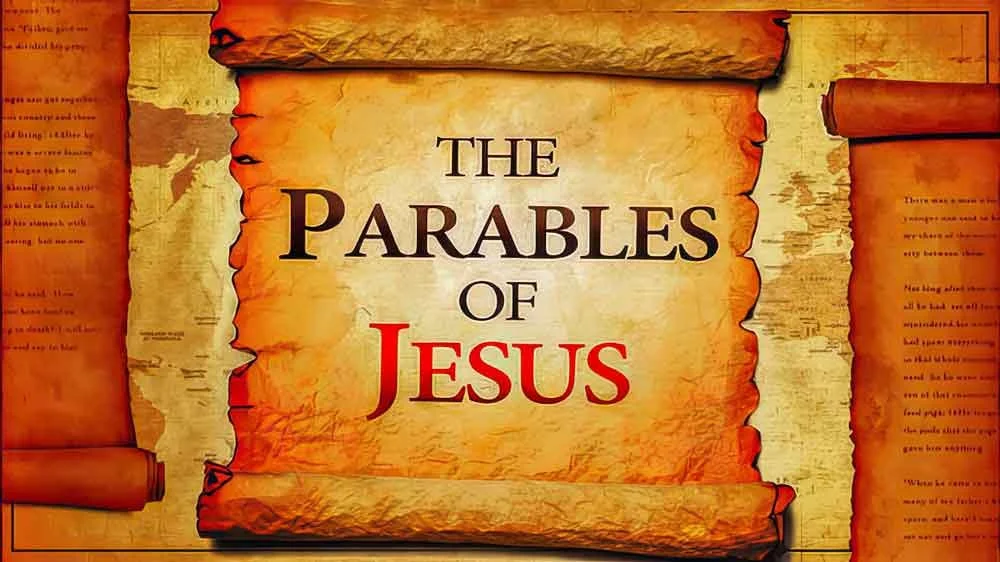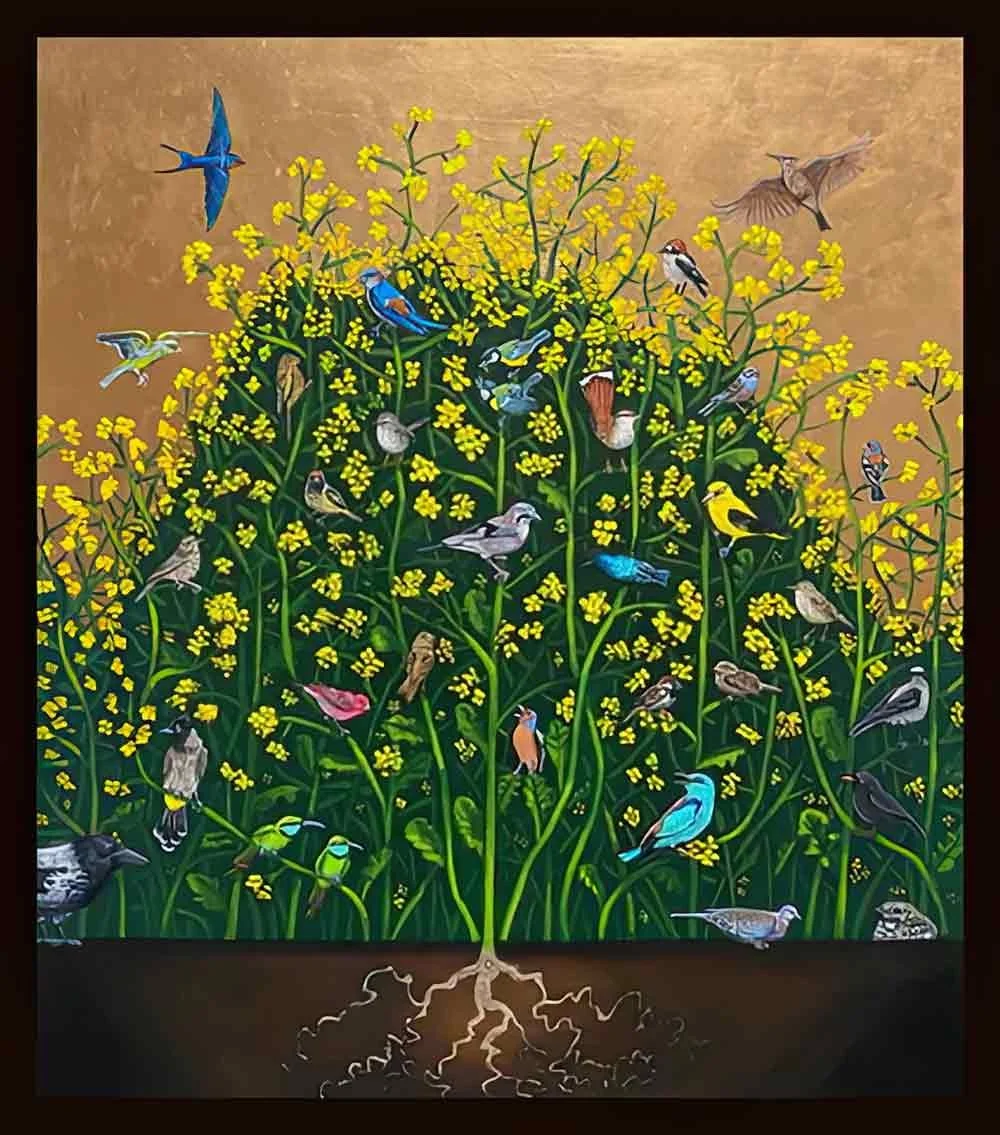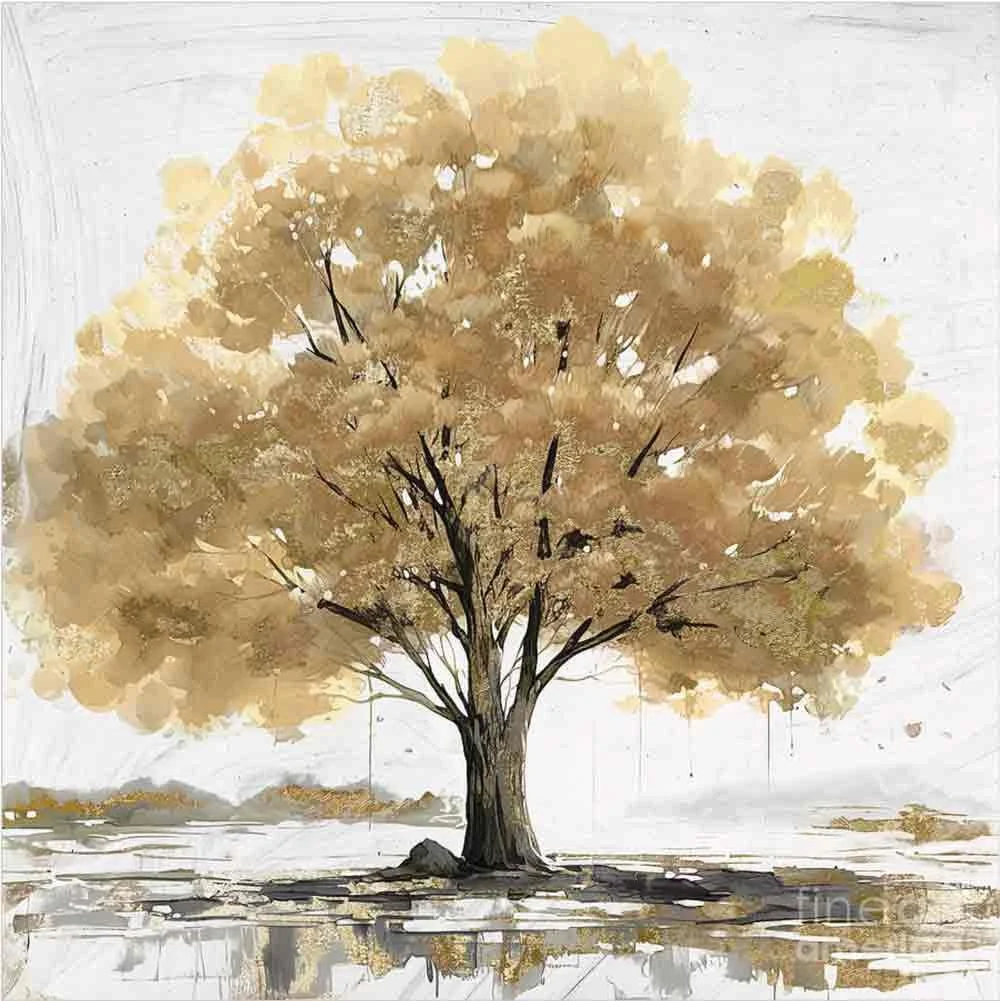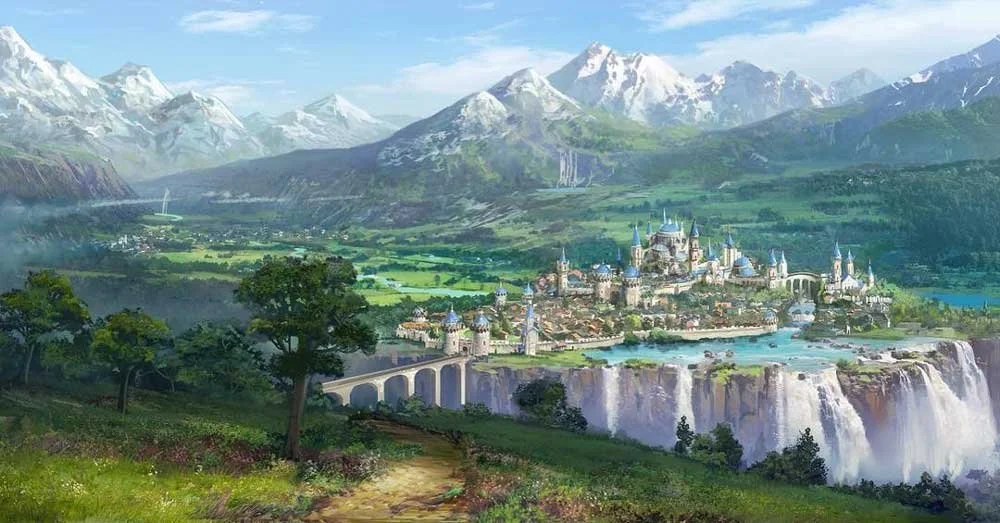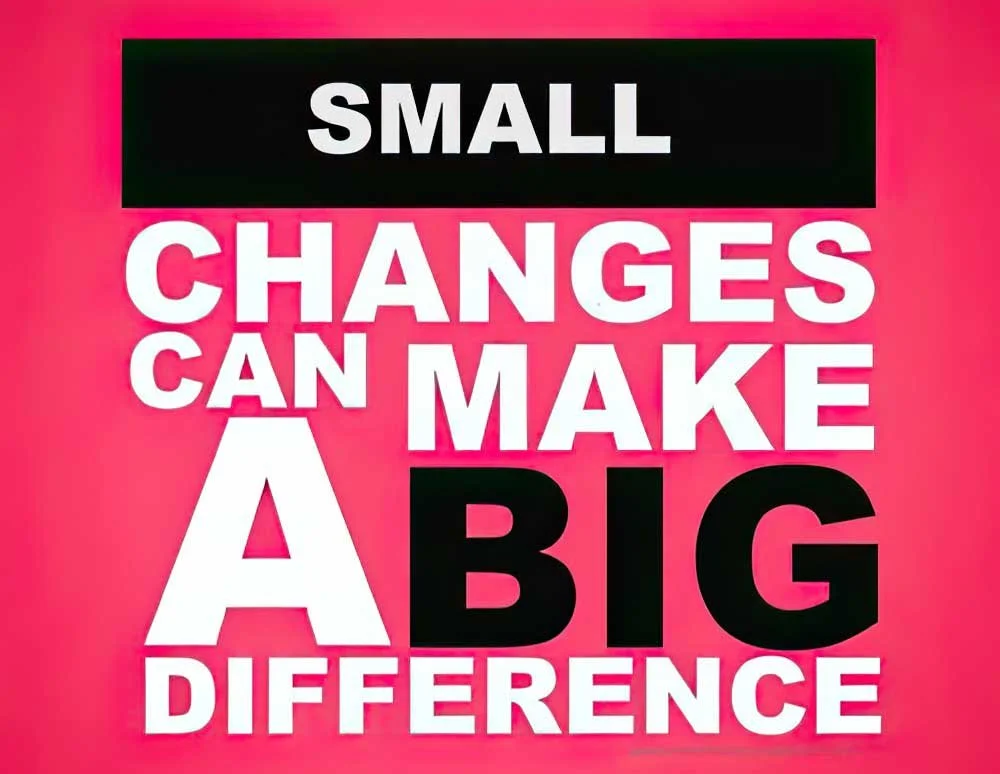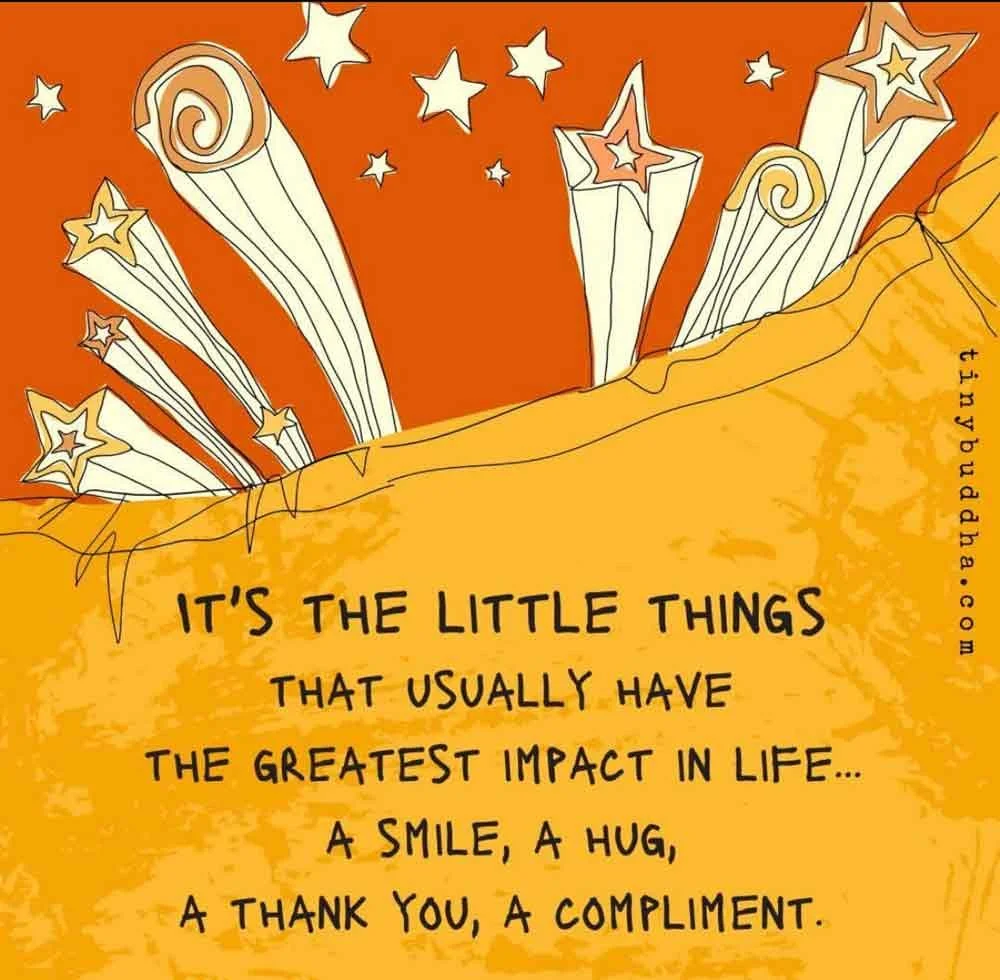PARABLE OF THE MUSTARD SEED
What is a parable?
Why did Jesus tell stories using everyday objects?
What question did people ask Jesus before he told the parable?
What was the kingdom of heaven compared to in the story?
Why is a mustard seed a surprising choice for comparing to a kingdom?
What happened to the mustard seed after it was planted?
What did the birds do in the story?
What lesson does the parable teach about small actions?
Was the kingdom of heaven a physical place with walls and thrones?
Give an example from your life of something small that grew into something bigger over time.
• Read •
PARABLE OF THE MUSTARD SEED
PARABLES
Long ago, Jesus often taught people using short stories called parables.
A parable is a simple story that teaches a bigger lesson or truth. These stories used everyday objects—like seeds, lamps, or coins—so people could picture the message in their minds.
THE KINGDOM OF HEAVEN
One day, a group of people gathered around Jesus. They had been listening to him talk about something he called the kingdom of heaven.
• “Kingdom of the Father” by Damien Hirst
This kingdom was not like the lands they knew.
It did not have castles, walls, or kings sitting on thrones. It was not a place you could travel to on a map. It was something different, something that had to be understood with the heart as well as the mind.
The people were curious. They wanted to understand what Jesus meant. They asked him, “What is the kingdom of heaven like?”
A STORY
Jesus answered with a story.
“The kingdom of heaven is like a mustard seed. It is the tiniest seed you can imagine. If you put one on your finger, you might not even be able to see it.
“But when a person plants this tiny seed in the ground, something amazing happens.”
• A mustard seed
“It begins to grow. Slowly at first, and then bigger and bigger. It grows so large that it becomes like a tree.”
“Birds from the sky come and make their nests in its branches.”
MUSTARD SEEDS
The people listening would have known what Jesus meant about the mustard seed. In that part of the world, a mustard seed was one of the smallest seeds they could find, but it could grow into a plant far taller than a person.
The parable might sound simple—tiny seed grows into a big plant—but it held a surprising meaning.
In the ancient world, kingdoms were usually large and powerful from the start. They had armies, treasures, and high walls.
But Jesus compared the kingdom of heaven to something that starts small.
The idea was this: the work of God might begin in ways so small you hardly notice them. But over time, like a mustard seed, it grows into something huge and life-giving.
BIRDS
The birds in the story were also important.
In many cultures, birds were symbols of people from all over the world. The image of birds nesting in the branches showed that the kingdom of heaven would one day become a place of welcome and safety for all kinds of people.
THINK!
Jesus did not explain every part of the parable.
Instead, he wanted listeners to think about it and wonder about its meaning.
People may have asked themselves questions such as who planted the seed, whether the person was patient while it grew, whether the person could force it to grow faster, how something so small could turn into something so big, and what the branches and birds really stood for.
These questions helped people think about how God’s work might grow in their own lives and communities.
TODAY
Today, the parable of the mustard seed can still teach important lessons.
It reminds us that small actions can lead to big results. A single act of kindness, a small good habit, or a brave choice might seem tiny now but can grow into something important.
Growth takes time. Just as a seed does not become a tree overnight, change and goodness take patience. Everyone can be part of something bigger. Like the birds finding shelter, people can find belonging in a community built on love, kindness, and fairness.
The kingdom of heaven, in Jesus’s teaching, was not only about a place after death. It was also about how we live here and now.
Whenever we help others, make peace, and show compassion, we help the mustard seed of God’s kingdom grow in our world.
Ancient (adj.) very old; from a long time ago.
Belonging (n.) a feeling of being accepted and included in a group.
Compassion (n.) caring about other people’s feelings and wanting to help them.
Community (n.) a group of people who live or work together in the same place or share something in common.
Kingdom (n.) a land or area ruled by a king or queen.
Parable (n.) a short story that teaches a moral or spiritual lesson.
Shelter (n.) a safe place to stay, live, or be protected from danger or weather.
Shrub (n.) a plant smaller than a tree, with many stems coming from the ground.
Symbol (n.) something that stands for an idea, belief, or another thing.
Throne (n.) a special chair that a ruler, such as a king or queen, sits on.
► COMPREHENSION QUESTIONS
— please answer with complete sentences
What is a parable?
Why did Jesus tell stories using everyday objects?
What question did people ask Jesus before he told the parable?
What was the kingdom of heaven compared to in the story?
Why is a mustard seed a surprising choice for comparing to a kingdom?
What happened to the mustard seed after it was planted?
What did the birds do in the story?
What lesson does the parable teach about small actions?
Was the kingdom of heaven a physical place with walls and thrones?
Give an example from your life of something small that grew into something bigger over time.
► From EITHER/OR ► BOTH/AND
► FROM Right/Wrong ► Creative Combination
THESIS — Argue the case that the little things we do in life have no impact on the world.
ANT-THESIS — Argue the case that little things can have a huge impact on the world.
SYN-THESIS — How might we bring these two perspectives together? Can both be true at the same time? How?






